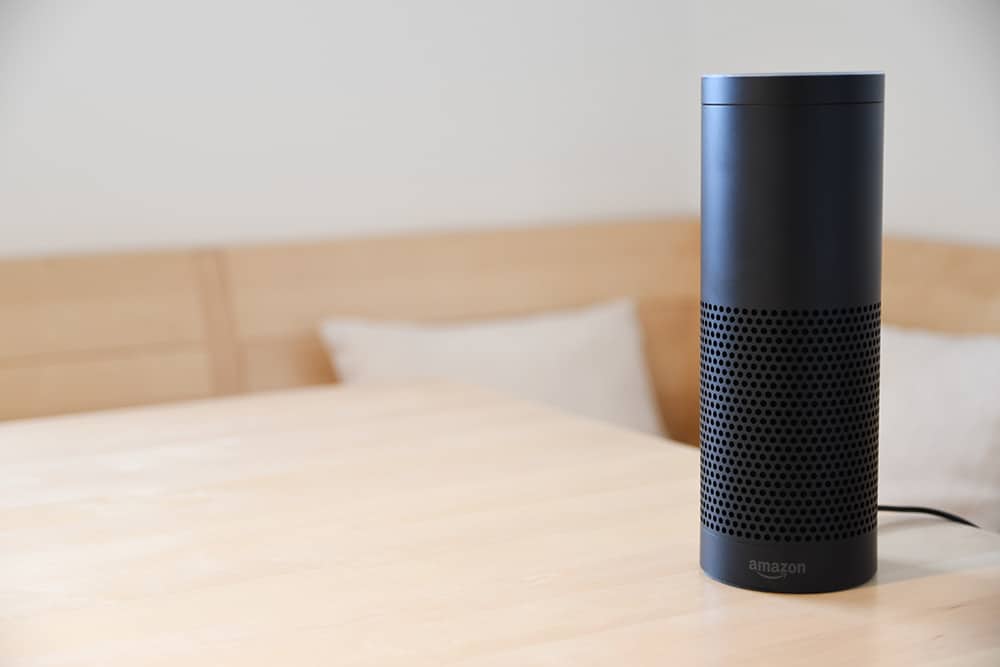Amazon Alexa technology used by charity to make its sight loss information accessible to all

The Royal National Institute of Blind People (RNIB) is working with Amazon to make its information and advice about living with sight loss accessible through Amazon’s Alexa technology.
Using the Alexa voice technology means that the device can quote information directly from RNIB’s Sight Loss Advice Service. This enables people with vision impairments to access vital information online about living with sight loss.
Now, Alexa users will instantly be able to hear RNIB-verified information using voice commands, such as:
- “Alexa, how do I register as sight impaired or severely sight impaired?”
- “Alexa, what assistive technology do blind people use?”
- “Alexa, what should I do if I think I’m losing my sight?”
According to RNIB’s research, 54 percent of blind and partially-sighted people claim their sight loss is a barrier to using the internet and nearly two-thirds feel unable to make the most of new technology.
David Clarke, Director of Services at RNIB, said: “Voice assistant technology is playing an ever-increasing role in transforming the lives of blind and partially sighted people. Members of our Connect Community tell us they often use voice assistants, like Alexa, to stay up-to-date with the latest news and information – and many say they find it easier to use than screen-based tech, like smart phones, tablets or computers.
“Voice assistants can enable independence, helping to break down accessibility barriers to a more inclusive society. By using this technology to increase the reach of our own resources, we are ensuring that people can immediately get essential information about their sight condition, their rights, and the support available, simply by asking out loud.”
As well as sight loss information, Alexa will also offer the charity’s practical tips and advice on how to protect eyesight and how to support someone who is blind or partially sighted.
Watch the video below to see how Alexa can assist people with vision impairments:

